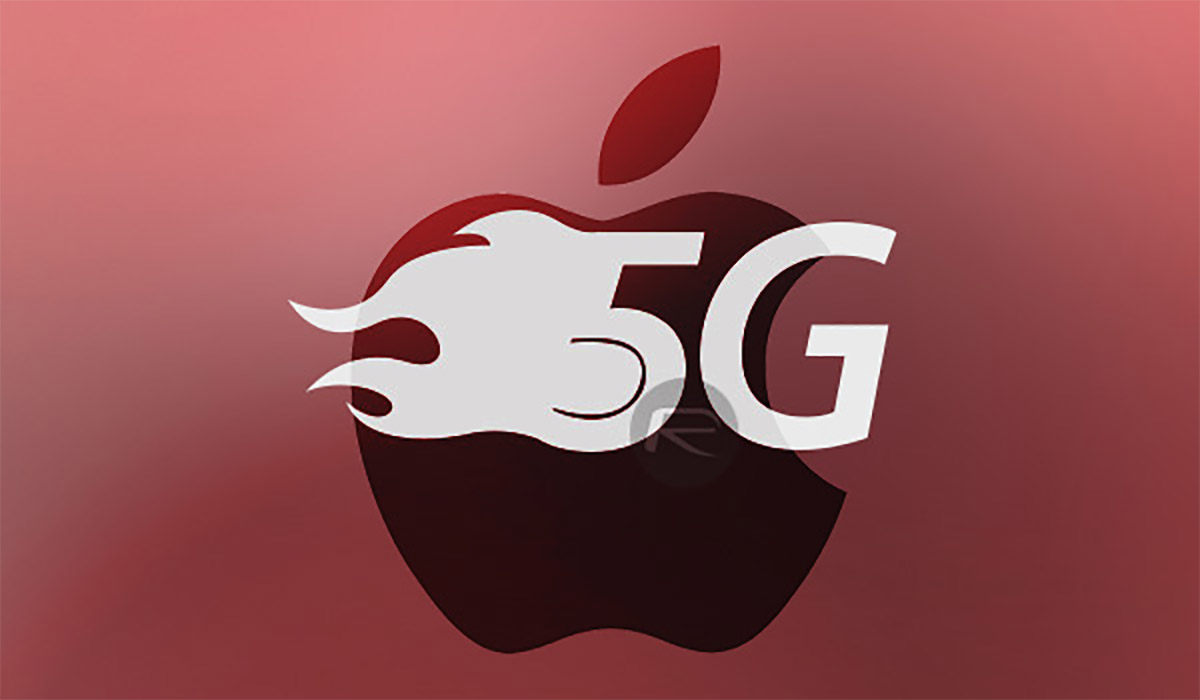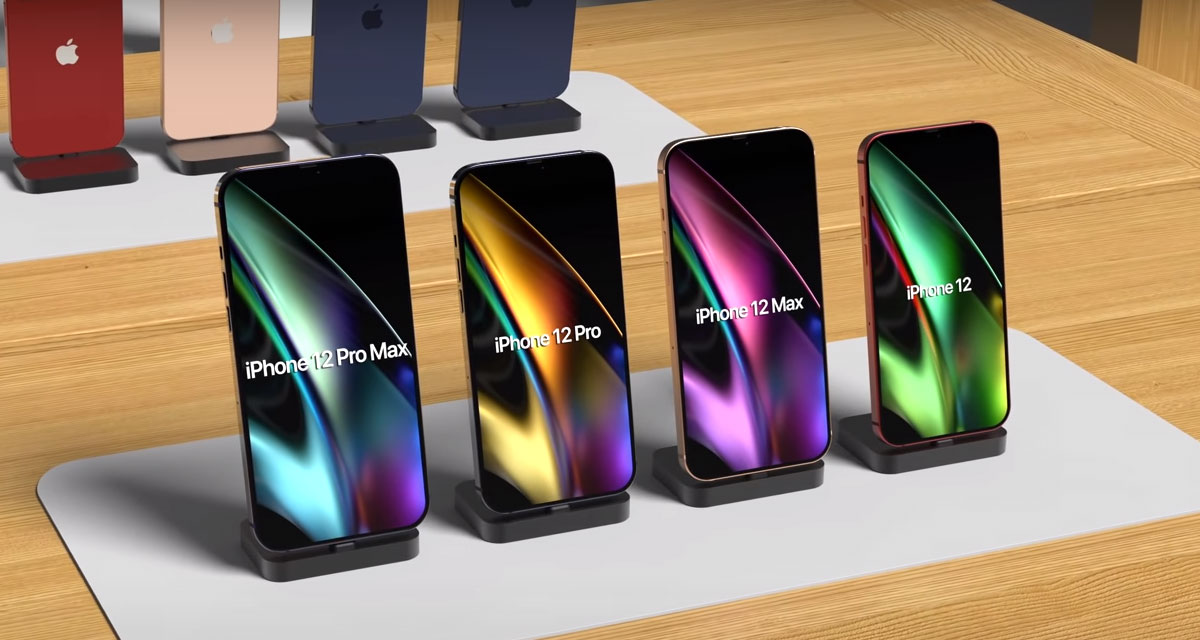A new report estimates that shipments of Apple’s iPhone 12 with mmWave 5G support could be considerably lower than previously thought. So much lower that the number could reach 50%.
The report comes via DigiTimes, which says that the lower number of estimated shipments means that competition for Apple’s business is now stronger than before.

Shipments of mmWave-enabled 5G iPhones slated for launch later this year are estimated to reach only 15-20 million units in 2020 compared to a previous supply chain estimate of 30-40 million units, intensifying competition among Apple’s suppliers of FC-AiP substrates for the new phones, according to industry sources.
Apple is said to have designed its own antenna-in-package (AiP) module for use in mmWave 5G-compatible iPhones. While Apple is thought to have no fewer than four new 5G iPhones landing later this year it isn’t clear whether all of them will support the faster mmWave variant. It’s possible the cheaper iPhone 12 will offer the slower sub-6GHz version of 5G instead, leaving mmWave to the iPhone 12 Pro.
DigiTimes also claims that Apple has been working to spread manufacturing across multiple companies to try and alleviate issues caused by the ongoing coronavirus pandemic.

The upcoming mmWave 5G iPhones will adopt more cost-effective FC-AiP process, with ASE Technology to package AiP modules, the sources said. But Apple reportedly has finalized three suppliers of BT-based FC-AiP substrates, including one based in Taiwan and two in South Korea, and they will together supply 30-50 million substrates, the sources said, adding one iPhone will require 2-3 AiP modules.
Apple is expected to announce all four new iPhones later this year, likely in either September of October. It’s thought that September might well come too soon, however.
You may also like to check out:
- Download iOS 14 Beta 1 IPSW Links And Install On iPhone 11, Pro, XS Max, X, XR, 8, 7, Plus, 6s, iPad, iPod [Tutorial]
- iOS 14 Beta 1 Download IPSW Links, OTA Profile And iPadOS 14 Beta 1 For iPhone And iPad
- iOS 14 Beta 1 Profile File Download Without Dev Account, Here’s How
- iOS 14 Beta 2 Profile Download Release Date Expectation
- Download: iOS 13.6 Beta 2 IPSW Links, OTA Profile File, Beta 2 Of iPadOS 13.6 Released
- iOS 13.5.1 Downgrade No Longer Possible After Apple Stops Signing iOS 13.5 Jailbreak Firmware
- Jailbreak iOS 13.5.1 Using Checkra1n, Here’s How [Video Tutorial]
- Jailbreak iOS 13.5 On iPhone 11, Pro Max, SE, iPad Pro, More Using Unc0ver 5.0.0 [Tutorial]
- Download: iOS 13.5.1 IPSW Links, OTA Update Released For iPhone And iPad
- Jailbreak iOS 13.5 Without Or No Computer, Here’s How
- Apple Watch ECG App Hack: Enable Outside US In Unsupported Country On Series 5 & 4 Without Jailbreak
You can follow us on Twitter, or Instagram, and even like our Facebook page to keep yourself updated on all the latest from Microsoft, Google, Apple, and the Web.

